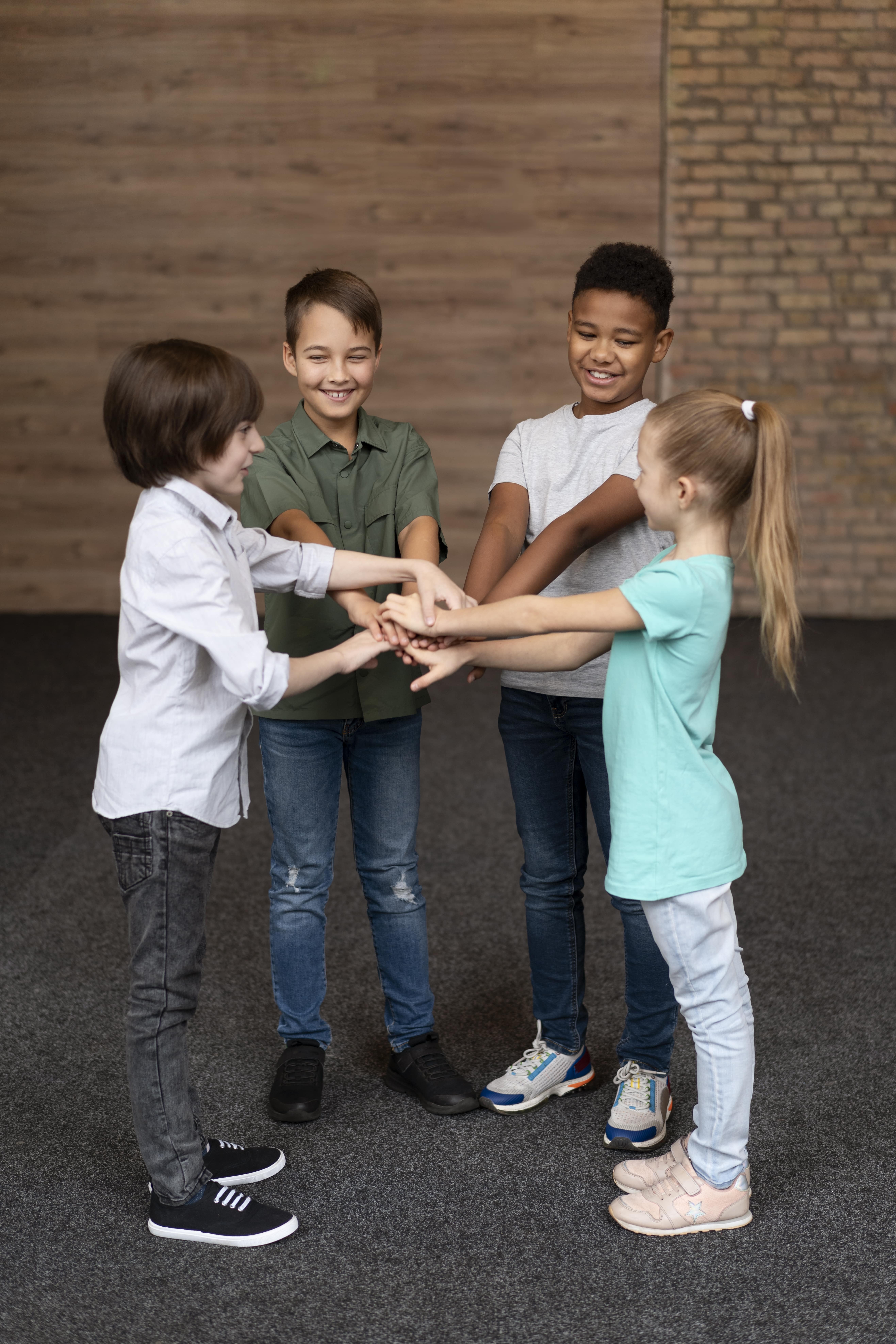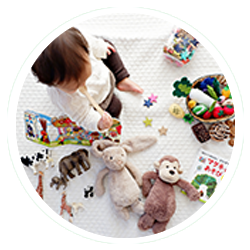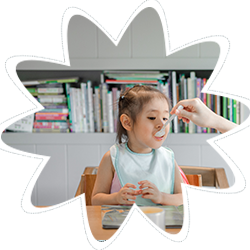
Introduction
Early childhood is a time of remarkable growth and development, laying the foundation for a child’s future success. The power of early childhood development cannot be underestimated, as it shapes cognitive, emotional, social, and physical well-being. In this comprehensive article, we delve into the critical role of early childhood development, exploring how intentional and nurturing experiences during these formative years can have a lasting impact on a child’s life.

Understanding Early Childhood Development
Early childhood development refers to the rapid changes that occur in a child’s physical, cognitive, emotional, and social domains during the first few years of life. These years are characterized by significant brain development, making them a crucial window of opportunity for learning and growth. Children’s experiences during this period play a pivotal role in shaping their neural pathways and cognitive skills.

The Role of Responsive Caregiving
Responsive caregiving is a cornerstone of early childhood development. Babies and young children thrive when they receive consistent, loving, and attuned care from caregivers. Positive interactions, eye contact, and responsive communication build secure attachments, which serve as a foundation for healthy relationships and emotional well-being in later life.

Language and Cognitive Development
Early childhood is a time of incredible language and cognitive growth. Children absorb language like sponges, acquiring vocabulary, grammar, and communication skills through exposure and interaction. Reading aloud, engaging in conversations, and providing stimulating environments can profoundly impact a child’s language and cognitive development.

Emotional Regulation and Social Skills
Emotional regulation and the development of social skills are interconnected aspects of early childhood development. Young children learn to identify and manage their emotions by observing and imitating caregivers. They also begin to understand the feelings of others, laying the groundwork for empathy and effective social interactions.
Physical Milestones and Motor Skills
Physical milestones and motor skills are prominent markers of early childhood development. From rolling over to crawling, standing, and eventually walking, these physical accomplishments contribute to a child’s independence and self-confidence. Gross motor skills, such as running and jumping, are also nurtured through play and movement.
Impact of Early Childhood Experiences
Research consistently highlights the lifelong impact of early childhood experiences. Positive interactions, stimulating environments, and responsive caregiving foster healthy brain development, leading to improved school readiness, academic achievement, and overall well-being. Conversely, adverse experiences during early childhood can result in developmental delays, behavioral challenges, and even long-term health issues.
Investing in Early Childhood Development
Investing in early childhood development yields invaluable returns for individuals and societies. Quality early childhood education programs provide a structured environment where children can learn, play, and develop essential skills. By prioritizing early childhood development, societies foster a generation that is better equipped to contribute positively to their communities and navigate the challenges of the future.
Conclusion
Early childhood development is a pivotal period that lays the groundwork for a child’s lifelong learning, well-being, and success. Through responsive caregiving, language-rich environments, emotional nurturing, and play opportunities, we unlock a child’s potential from the very start. By understanding the power of early childhood development, we embrace our role in shaping a brighter future for our children and our world.

